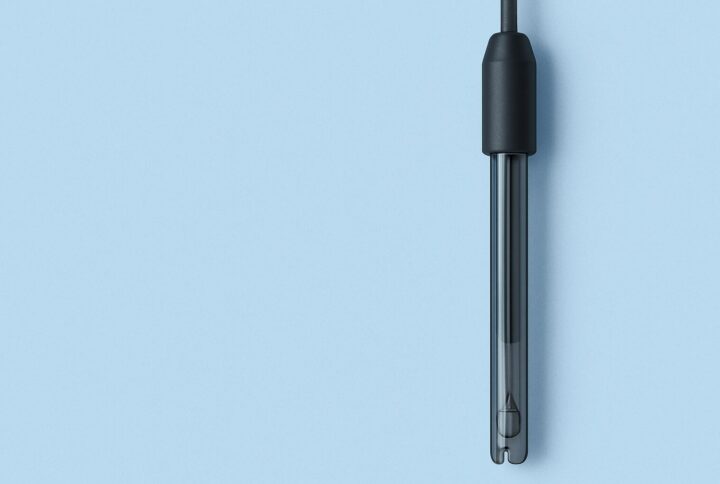Accurate pH measurements are important across industries, from water treatment to pharmaceuticals. However, many users experience inaccurate results due to neglecting pH electrode maintenance. Having a looked after pH electrode provides reliable and precise readings to save you from frequent replacements and unwanted costs.
This guide will walk you through common pH electrode issues, how to care for your equipment and practical tips to extend your lifespan.
Common Issues with pH Electrode Readings
You may notice some common signs when a pH electrode isn’t performing well.
1 – Drifting pH Readings: The readings change despite a stable solution.
2 – Slow Response Time: The pH electrode takes longer to reach a result.
3 – Failure: Readings stop due to wear and internal damage.
How to Care for Your pH Electrode
Regular pH electrode maintenance allows the electrodes to deliver consistent results which last longer. Below are the steps for what you need to do.
1 – Clean Regularly: After each use, rinse your pH electrode with distilled water. For tough build-up, you can use specialised cleaning solutions depending on the type of contamination.
2 – Store Correctly: Always keep your pH electrode in the correct storage solutions to protect the glass membrane and maintain the internal reference system.
3 – Calibrate Frequently: Use a fresh solution to calibrate your pH electrode to maintain accurate reactions.
4 – Handle With Care: Always cap the pH electrode when not used to avoid drying out.
Quick Tips for Maximising pH Electrode Lifespan
1 – Use uncontaminated calibration buffers.
2 – Regular inspection for cracks and cloudiness.
3 – Keep a maintenance log to track cleaning.
4 – Follow the manufacturer’s guidelines for precise pH electrode maintenance.
FAQs: Troubleshooting pH Electrodes
Why is my pH electrode giving unstable readings?
Answer: Unstable readings are often caused by contamination, make sure you clean the electrode thoroughly.
How often should I calibrate my pH electrode?
Answer: Calibrate your pH electrode daily or before each use to receive correct and accurate results.
What causes a slow response from my pH electrode?
Answer: Clogging and drying of the glass membrane. Clean the electrode correctly.
Maintaining your pH electrode is more than good practice, but ensuring accuracy and consistency with every application is important. Regular pH electrode maintenance helps prevent common issues like slow responses and failure, whether working in water treatments or pharmaceuticals.
Cleaning and calibrating your pH electrode can increase its lifespan to make sure your measurements remain precise.
Ready to improve your pH accuracy? Explore our range of pH electrodes or contact our team for support to keep your equipment clean and receive accurate results in every reading.

